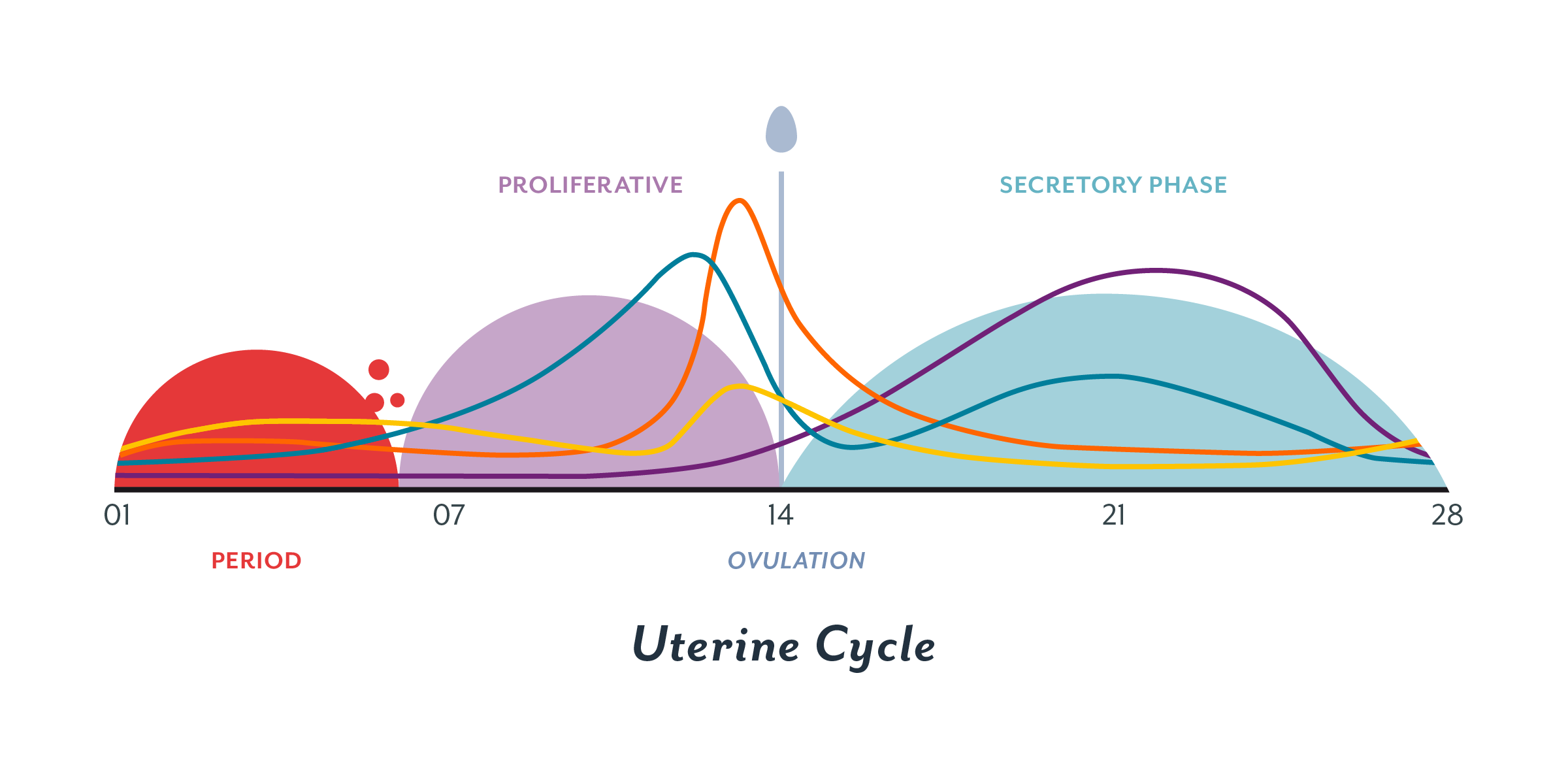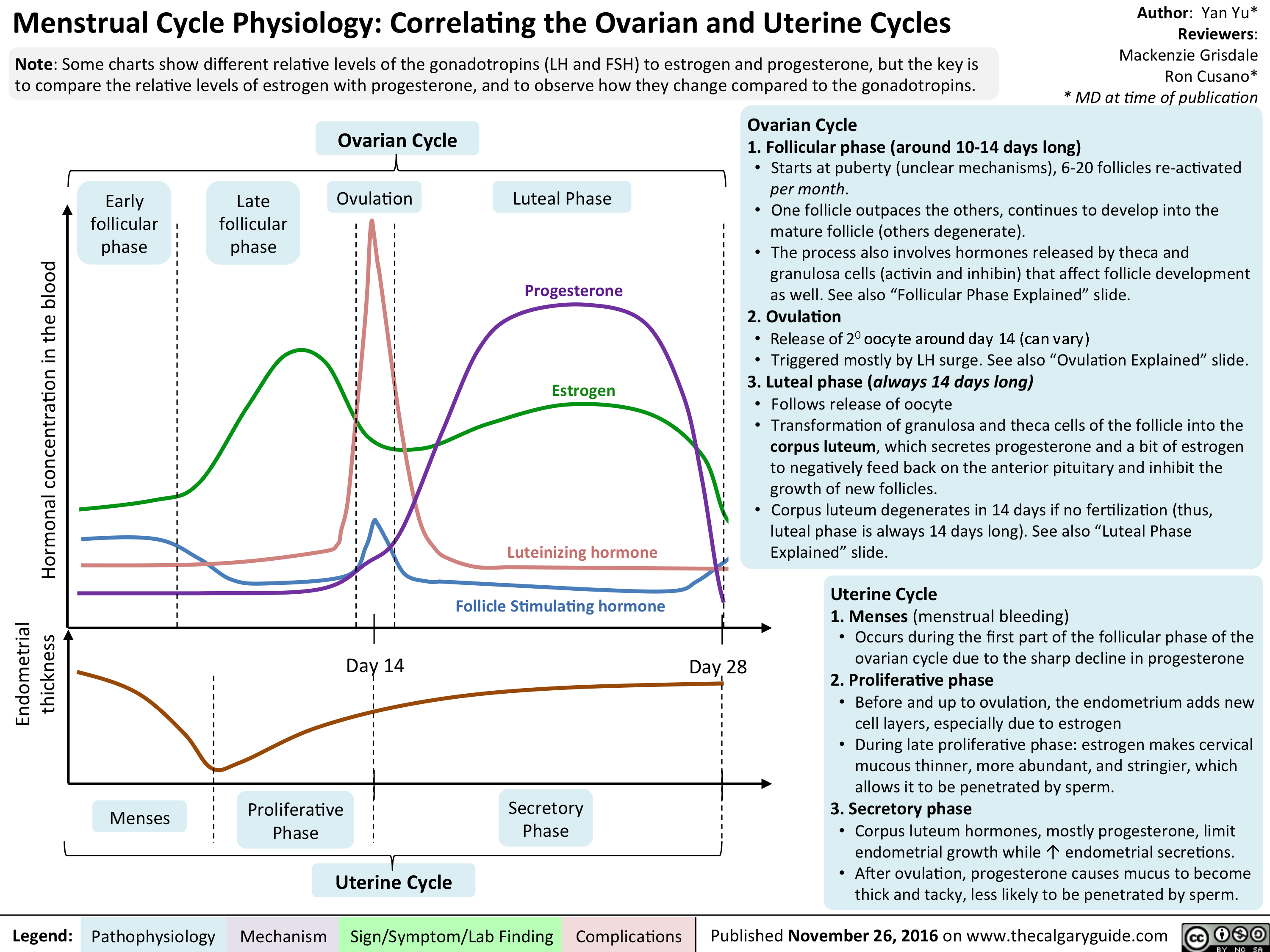Women who have sex at least once a week have more regular menstrual cycles

Women who have sex at least once a week have more regular menstrual cycles.

In our modern society, menstrual cycles can sometimes be a cause of inconvenience and discomfort for many women. However, recent studies have shown that engaging in regular sexual activities can actually have a positive impact on the regularity of menstrual cycles. This intriguing correlation between sexual activity and menstrual cycle regulation opens up a whole new perspective on the benefits of an active sex life.
A study conducted by researchers at the University College London found that women who engage in sexual intercourse at least once a week tend to have more regular menstrual cycles compared to those who have less frequent sexual activity. The researchers theorize that sexual activity may have a direct influence on hormonal balance and the overall regulation of the menstrual cycle.

The menstrual cycle is controlled by a delicate balance of hormones, and any disruptions to this balance can lead to irregular or skipped periods. Sexual activity, specifically the release of hormones like oxytocin and endorphins during orgasm, can have a positive impact on hormonal regulation. These hormones are known to reduce stress levels and improve overall mood, which can indirectly contribute to a more regular menstrual cycle.
Stress is a major factor that can disrupt the hormonal balance in women. High levels of stress can lead to irregular menstrual cycles, amenorrhea (absence of menstruation), or heavy and painful periods. Engaging in sexual activity can be a great way to reduce stress levels, as it promotes relaxation and releases endorphins, also known as “feel-good” hormones. By reducing stress, sexual activity may help restore hormonal balance and improve the regularity of menstrual cycles.
Additionally, regular sexual activity can also promote better blood circulation in the pelvic area, stimulating the ovaries and uterus. This increased blood flow can enhance the overall health of the reproductive organs and contribute to more regular menstrual cycles.
It is important to note that while regular sexual activity may have potential benefits for menstrual cycle regularity, it is not a guaranteed solution for everyone. Many factors can influence menstrual cycle regularity, including age, underlying health conditions, and contraceptive methods. Therefore, it is always recommended to consult with a healthcare professional for personalized advice and guidance.
In conclusion, the correlation between regular sexual activity and more regular menstrual cycles presents an interesting perspective on the benefits of an active sex life. While further research is needed to fully understand the mechanisms behind this connection, it is clear that sexual activity can potentially contribute to hormonal balance, stress reduction, and overall menstrual cycle regulation. So, for women looking to promote regularity in their menstrual cycles, embracing a healthy and active sex life may be worth considering.
Source: Everyday Health
Tags
Share
Related Posts
Quick Links
Legal Stuff

